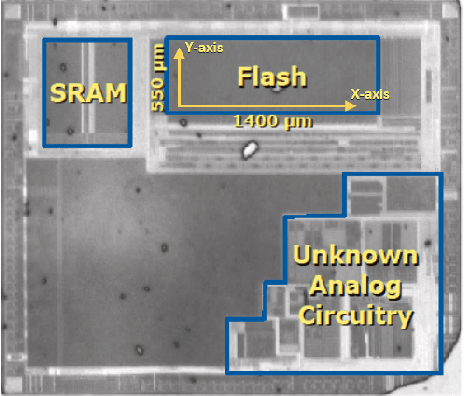An Overview of Laser Injection against Embedded Neural Network Models
Paper and Code
May 04, 2021



For many IoT domains, Machine Learning and more particularly Deep Learning brings very efficient solutions to handle complex data and perform challenging and mostly critical tasks. However, the deployment of models in a large variety of devices faces several obstacles related to trust and security. The latest is particularly critical since the demonstrations of severe flaws impacting the integrity, confidentiality and accessibility of neural network models. However, the attack surface of such embedded systems cannot be reduced to abstract flaws but must encompass the physical threats related to the implementation of these models within hardware platforms (e.g., 32-bit microcontrollers). Among physical attacks, Fault Injection Analysis (FIA) are known to be very powerful with a large spectrum of attack vectors. Most importantly, highly focused FIA techniques such as laser beam injection enable very accurate evaluation of the vulnerabilities as well as the robustness of embedded systems. Here, we propose to discuss how laser injection with state-of-the-art equipment, combined with theoretical evidences from Adversarial Machine Learning, highlights worrying threats against the integrity of deep learning inference and claims that join efforts from the theoretical AI and Physical Security communities are a urgent need.
 Add to Chrome
Add to Chrome Add to Firefox
Add to Firefox Add to Edge
Add to Edge